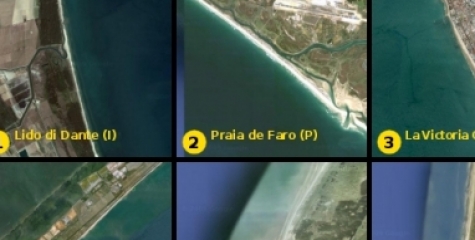WI-WE Progress
| Progress: 99.65% WWI-WE Version: 15 | |
| 0 | mandatory questions pending |
| 26 | questions total |
| 25 | questions answered |
| 25 | questions completed |
| 1 | question pending |
Mapping Wild Cards
Inspired by: FP7 » Risk assessment “saves" millions of lives but…

Originally submitted by: Rafael Popper
List of all contributors by versions (mouse over)
Last changed by: Rafael Popper
WI-WE status:
.png)
